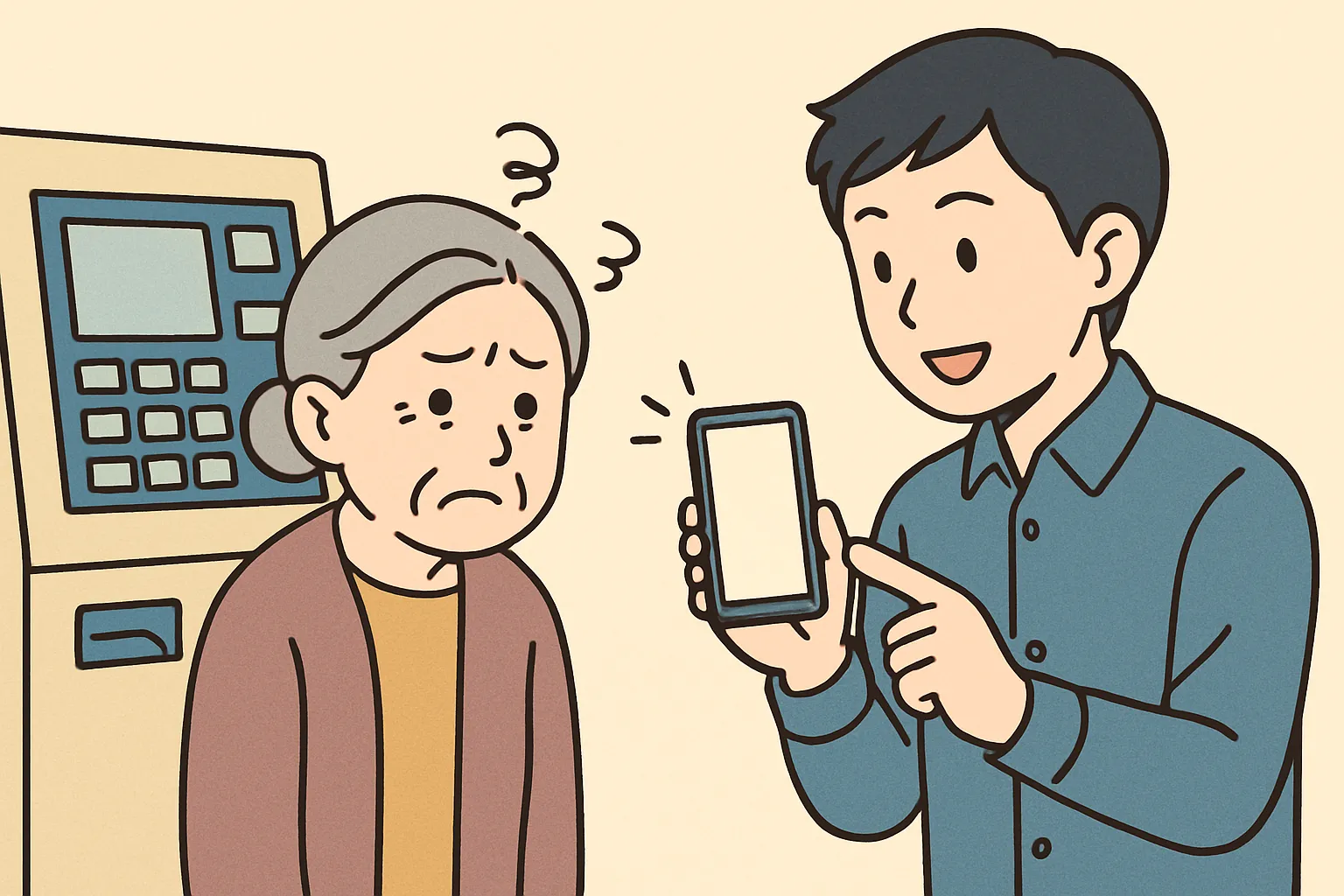Billboard-Worthy Lobbying: Advanced Korean
Hello! Welcome to [Daily Hangul], here to upgrade your Korean skills!
Today, we’re diving into a very advanced topic: discussing lobbying strategies for a specific bill. This might sound complex, but these are the kinds of conversations you’ll have in professional settings or when discussing social issues in Korea. And to make it fun, we’ll connect it to a massive recent trend. In Korea, the Netflix animation K-Pop Demon Hunters has been a huge hit, with its OST song “Golden” by HUNTRX strategically climbing all the way to #4 on the Billboard Hot 100! Just as that song’s success required a brilliant strategy, so does influencing policy. Let’s learn the Korean to talk like a master strategist!
Key Expressions for Master Strategists
Here are some essential phrases for discussing high-level strategies.
- -에 힘입어 (e him-ib-eo)
- English Meaning: On the strength of / Thanks to / Backed by
- Detailed Explanation: This grammar pattern is used to indicate that something was achieved thanks to the power or influence of a preceding noun. It’s a formal and powerful way to show cause and effect, perfect for explaining the foundation of a strategy. Think of it as “riding the wave” of something powerful.
- 명분을 쌓다 (myeong-bun-eul ssat-da)
- English Meaning: To build a justification / To create a moral cause
- Detailed Explanation:
명분refers to a just cause, a valid reason, or a moral justification for an action.쌓다means “to stack” or “to build up.” So, this phrase literally means to build up a solid justification. In any negotiation or campaign, having a strong명분is crucial for gaining support.
- 여론을 조성하다 (yeo-ron-eul jo-seong-ha-da)
- English Meaning: To shape public opinion / To create a public consensus
- Detailed Explanation:
여론means “public opinion,” and조성하다means “to form” or “create.” This phrase is central to any public campaign, from passing a law to promoting a product. It’s about actively creating a favorable atmosphere among the public.
Example Dialogue
Let’s see how these expressions are used in a real conversation between two NGO strategists.
A: 이 법안을 통과시키려면 체계적인 전략이 필요해요.
A: [I beop-an-eul tong-gwa-si-ki-ryeo-myeon che-gye-jeog-in jeol-lyag-i pil-yo-hae-yo.]
A: We need a systematic strategy to get this bill passed.
B: 맞아요. 우선 긍정적인 여론을 조성해야 해요. 보세요, ‘케이팝 데몬 헌터스’의 OST가 어떻게 빌보드 차트에 올랐는지. 문화 콘텐츠의 힘이 이렇게 크다니까요.
B: [Maj-a-yo. U-seon geung-jeong-jeog-in yeo-ron-eul jo-seong-hae-ya hae-yo. Bo-se-yo, ‘Ke-i-pap de-mon heon-teo-seu’-ui OST-ga eo-tteo-ke bil-bo-deu cha-teu-e ol-lat-neun-ji. Mun-hwa kon-ten-cheu-ui him-i i-reo-ke keu-da-ni-kka-yo.]
B: Right. First, we need to shape a positive public opinion. Look at how the K-Pop Demon Hunters OST got on the Billboard chart. The power of cultural content is immense.
A: 좋은 지적이네요. 그렇게 모인 대중의 지지에 힘입어 국회의원들을 설득하는 거죠.
A: [Jo-eun ji-jeog-i-ne-yo. Geu-reo-ke mo-in dae-jung-ui ji-ji-e him-ib-eo guk-hoe-ui-won-deur-eul seol-ddeuk-ha-neun geo-jyo.]
A: That’s a great point. Then, backed by the public support we gather, we persuade the lawmakers.
B: 바로 그거예요. 그래야 이 법안의 필요성에 대한 확실한 명분을 쌓을 수 있어요.
B: [Ba-ro geu-geo-ye-yo. Geu-rae-ya i beop-an-ui pil-yo-seong-e dae-han hwak-sil-han myeong-bun-eul ssa-eul su iss-eo-yo.]
B: Exactly. That’s how we can build a solid justification for the necessity of this bill.
Culture Tip & Trend Analysis
The success of K-Pop Demon Hunters wasn’t just luck; it was a masterclass in 여론을 조성하다 (shaping public opinion). The song “Golden” went viral on TikTok, collaborations with famous groups like TWICE and EXO were mentioned, and it ultimately hit #4 on the Billboard Hot 100. This global achievement gave the animation a powerful 명분 (justification): it wasn’t just another cartoon, but a globally recognized cultural product.
This concept of 명분 is incredibly important in Korean society. Before taking any significant action, whether in business, politics, or even personal relationships, Koreans often seek to establish a just cause. It’s about ensuring your actions are seen as legitimate and reasonable.
So, when you’re in a high-level discussion in Korean, remember this: don’t just state your goal. First, explain how you will shape public opinion (여론을 조성하다), and then use that support to build your justification (명분을 쌓다). This two-step approach will make you sound like a true Korean strategist!
Let’s Wrap It Up & Practice!
Today we learned three advanced expressions crucial for discussing strategy and persuasion: -에 힘입어 (backed by), 명분을 쌓다 (to build a justification), and 여론을 조성하다 (to shape public opinion).
Now, it’s your turn to practice!
Practice Question:
Imagine you are trying to persuade your city council to build a new public arts center. Using one of today’s expressions, how would you start your argument?
(e.g., “우리는 먼저, 새로운 아트센터의 필요성에 대한 (blank)야 합니다.”)
Leave your answer in the comments using the expressions we learned today! We’d love to see your strategic sentences






